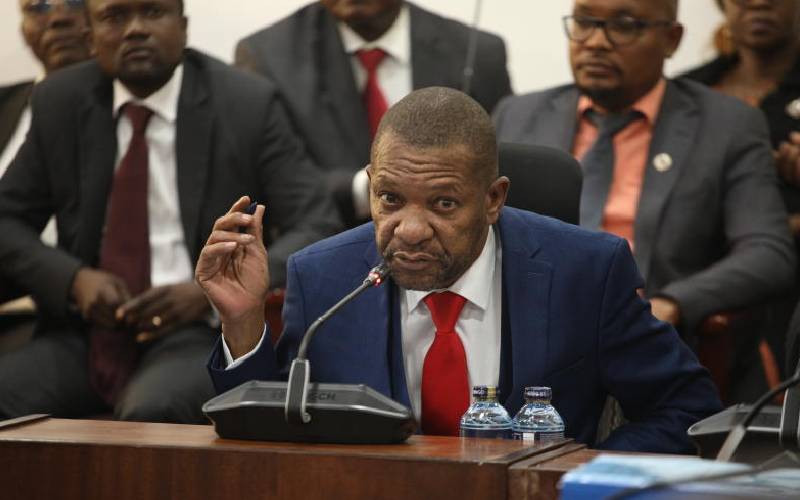
Nelson Korir, a Nairobi resident, visited a private hospital in the city for a routine check-up.
To his surprise, when he mentioned having National Health Insurance Fund (NHIF) as his mode of payment, he was informed that it was no longer accepted, despite being up to date with his remittance.
Civil servants in a government telecommunications department disclosed that they were unable to access services because the government had not remitted their statutory deductions to NHIF, despite deducting the amounts from their salaries.
Facts First
Unlock bold, fearless reporting, exclusive stories, investigations, and in-depth analysis with The Standard INSiDER subscription.
Already have an account? Login
 The Standard Group Plc is a multi-media organization with investments in media
platforms spanning newspaper print
operations, television, radio broadcasting, digital and online services. The
Standard Group is recognized as a
leading multi-media house in Kenya with a key influence in matters of national
and international interest.
The Standard Group Plc is a multi-media organization with investments in media
platforms spanning newspaper print
operations, television, radio broadcasting, digital and online services. The
Standard Group is recognized as a
leading multi-media house in Kenya with a key influence in matters of national
and international interest.











